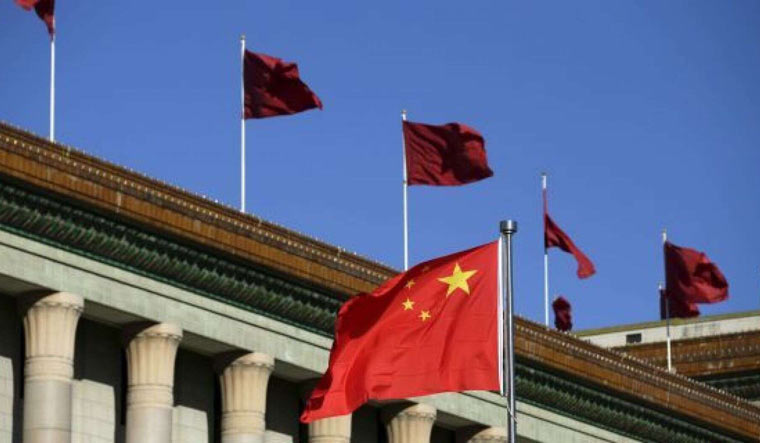The Chinese government has launched a fresh internet crackdown, blacklisting the websites of a slew of western news outlets including the Washington Post, the Guardian, the HuffPost and the NBC News. Though the reason for the increased level of censorship is not immediately known, it coincided with the 30th anniversary of Tiananmen Square massacre.
It is unclear when the new censorship exactly came into effect, but the people in China started reporting from Friday that they could not access these websites. The digital editions of the Christian Science Monitor, the Toronto Star and Breitbart News were also reportedly banned in the country.
According to censorship tracker Greatfire.org, the Washington Post and the Guardian were among the last of the major English-language outlets that were still regularly accessible from mainland China without the use of virtual private networking (VPN).
The Chinese government had already censored a number of Western media outlets including the New York Times, Bloomberg, the Wall Street Journal and Reuters after they published stories critical of the government.
According to report in The Intercept, China operates an internet censorship system known as the Great Firewall, which uses filtering equipment to stop people in the country from accessing content published on banned websites that are operated outside China’s borders. The Intercept claimed their website was also banned in the country.
Many other social media websites had also fallen victims to the Chinese crackdown over the week in the wake of Tiananmen anniversary. On many websites, users said they were prevented from entering search terms such as “Tiananmen incident”, “candlelight vigil”, “repression” or “student movement”, say reports.



